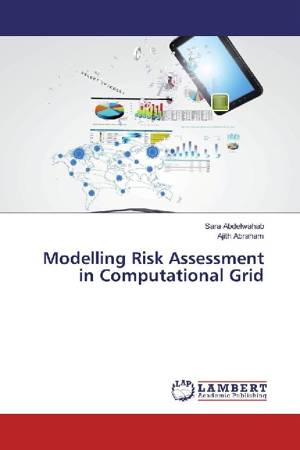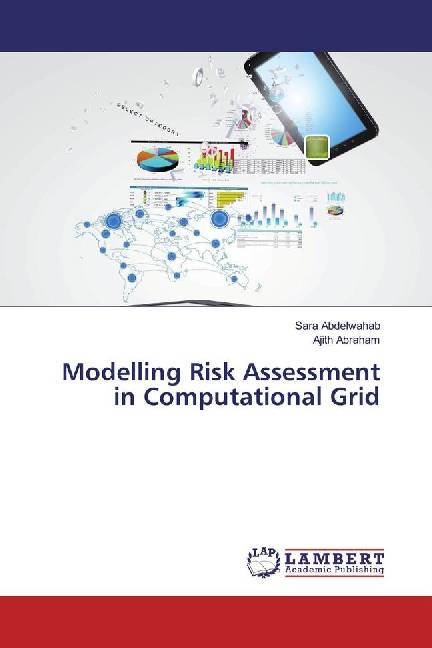
- Afhalen na 1 uur in een winkel met voorraad
- Gratis thuislevering in België vanaf € 30
- Ruim aanbod met 7 miljoen producten
- Afhalen na 1 uur in een winkel met voorraad
- Gratis thuislevering in België vanaf € 30
- Ruim aanbod met 7 miljoen producten
Zoeken
€ 63,95
+ 127 punten
Omschrijving
Assessing risk in a computational grid environment is an essential need for a user who runs applications from a remote machine on the grid, where resource sharing is the main concern. For correctly predicting the risk environment, we made a comparative analysis of various machine learning modeling methods on a dataset of risk factors. First, we conducted a survey with International experts about the various risk factors associated with grid computing. Second, we assigned numerical ranges to each risk factor based on a generic grid environment. We utilized data mining tools to pick the contributing attributes that improve the quality of the risk assessment prediction process. Finally, we modeled the prediction process of risk assessment in grid computing utilizing Meta learning approaches in order to improve the performance of the individual predictive models. We concluded that data mining tools can provide further steps in building a risk assessment model in a Grid environment with good accuracy, according to the obtained empirical results.
Specificaties
Betrokkenen
- Auteur(s):
- Uitgeverij:
Inhoud
- Aantal bladzijden:
- 160
- Taal:
- Engels
Eigenschappen
- Productcode (EAN):
- 9783330327764
- Uitvoering:
- Paperback
- Afmetingen:
- 150 mm x 220 mm

Alleen bij Standaard Boekhandel
+ 127 punten op je klantenkaart van Standaard Boekhandel
Beoordelingen
We publiceren alleen reviews die voldoen aan de voorwaarden voor reviews. Bekijk onze voorwaarden voor reviews.








